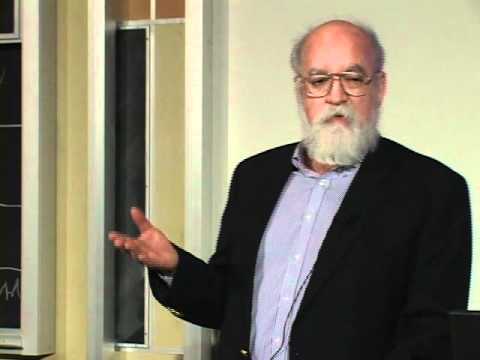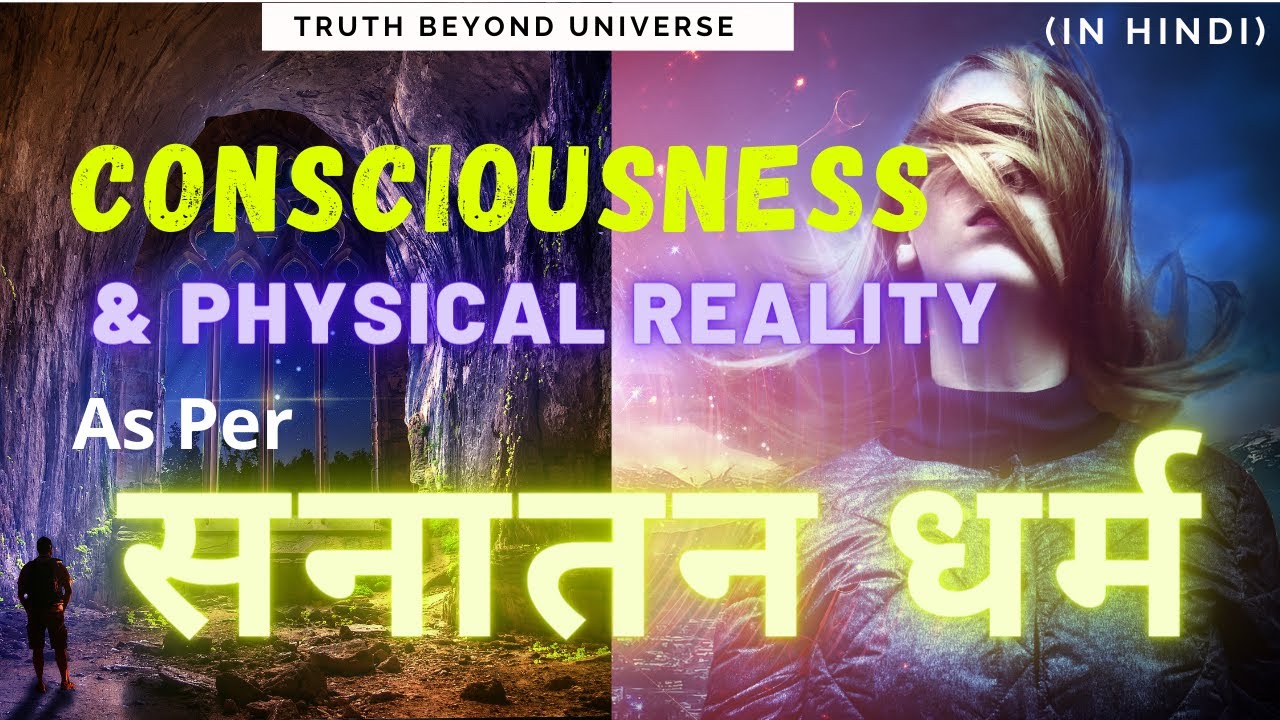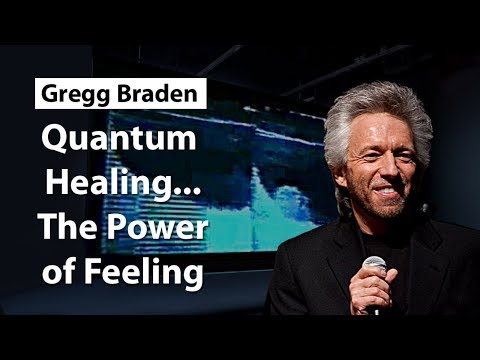venompangx
From the Skeptics Society Distinguished Lecture Series
Can there be freedom and free will in a deterministic world? If you are free, are you responsible for being free or just lucky? In this lecture based on his latest book, Dan Dennett sets out to answer these questions, showing how we alone among animals, have evolved minds that give us free will and morality. In a series of strikingly original arguments drawing on evolutionar biology, cognitive neuroscience, economics and philosophy, he demonstrates that if we accept Darwin’s reasoning, we can build from the simplest life forms all the way up to the best and deepest human thoughts on questions of morality and meaning, ethics and freedom.
Dr. Daniel C. Dennett is Univeristy Professor and Director of the Center for Cognitive Studies at Tufts University. His books include Brainstorms, Elbow Room, Consciousness Explained, and Darwin’s Dangerous Idea, a finalist for the Pulitzer Prize.
Source




All your points are true, but unfortunately all the awareness in the world doesn't help when our wiring gets involved. People in bad relationships and chronic smokers with asthma and overweight people on their third slice of pie are well aware of what choices they should make. They just probably won't because reason and good sense are not what drive most of our behavior.
I misspoke in my initial comment. I don't think Dr. Dennett falsely assumed anything. I just think he didn't get to it here.
I don't mean to belabor the point, but the word "probably" piqued my interest.
Isn't that precisely when the act of will power–of choosing–comes into and disrupts the deterministic framework?
I agree that Dennett doesn't reach that far in this talk, I'm jumping ahead a bit, specifically to his lecture "How you get free will in a deterministic universe" (or something like that).
I find the topic fascinating and tend to oscillate between the two b/c I think it's a bit of a false dichotomy.
willfourth, probability is merely a measurement of likelihood of occurrence of an event. In quantum mechanics, extremely accurate predictions can be made about the probability of something happening. I would not consider this measurement to be the answer to the problem of free will, since it doesn't imply will power.
haha I love the beats at the beginning
back to the roots crazy scientists people
He conflates avoiding what a human would call a "bad circumstance" with evitability. Perhaps it's inevitable to avoid that brick hurled at your head. In the same breath, he even explains the body's innate reflex to dodge the brick…
Just because when something, that is perceived as bad from a human's POV, is avoided does not mean that the act of avoidance itself was evitable. That act was inevitable.
While I respect his argument, I feel that it ultimately boils down to: I would perceive it as a bad thing for humans to view the world through a deterministic lens. I.E., it is a personal fear of mine that humanity would reject the notion of freedom [that I value], if they generally view the world as deterministic. Hence, I must take a stance against determinism. Refer to the example of stopping the crow.
best soundtrack
Until there is a "unified theory of everything" we will not be able to answer any of these questions ! His ideas on quantum physics, nor free will can't be called true , or fact .
Sennett never really addresses or proves free will in this video or in his book. All he shows is that avoiders evolve and get better. He does not want to be the crow that tells the truth about the magic feather.
Dennett*
Flys avoid harm. Avoiding a brick to the head is hard wired. There often is no time to make a conscious choice. Conway's game of life only shows that complex patterns can arise from a simple set of rules. It has nothing to do with free will. He mentioned Douglas Hoffsteader and Steven Pinker – neither believe in free will.
'To be in harmony with my success, health, and happiness goals, I must act with love based upon free will and react with faith based upon God’s will.' Jim Parker
To acquire the skills of evitability is indeed inevitable. There is no 'free-will' or will that is independent of other variables (unconstrained). Of course 'will' evolves, like all energy systems, through variations and selections for a frequency of time. The scientific method of trial and error is the basis of all progressive interaction. These mechanisms in favor of stability are inevitable.
I've watched the Sam Harris lecture on free will and that was so nicely laid out and entertaining and concise whereas this is so sprawling and difficult and bizarre but I somehow seem to agree with Dennett more
["he fails to explain why free will actually needs determinism"]
It follows from what is basically his evolutionary argument. You need a stable, predicable world where agents can extrapolate its "natural laws" to evolve better and better "avoiders".
I am loving this introductory song. ** does a snoopy dance **
I think the questions asked in the Q & A are not the crucial ones.
I would like to ask Dan Dennett the following:
1. Do you believe that true randomness exists?
2. If true randomness exists, do you believe that life is somehow totally immune to this randomness?
3. Can true randomness exist if the universe is deterministic?
Sherman's intro about the bipolar divinity just killed me, brilliant !
elephants can't fly. you knowingly trick an elephant in a tree to make it think it can fly and give it the confidence to jump, then you get an audience of crying kids bawling over dumbos death. so how did dumbo get in the tree? maybe a dam broke and a huge amount of water pushed the floating dumbo into the branches? idk google it
How can the context of biological evolution, based on evitibility of harm, be consistent with not only the traditional view of free will or "can" when it comes to the power/ability based on divergence of certain laws, without breaking the laws themselves, to raise a hand, while in fact not doing so.
What is the state of the mind while you are asleep, conscious or unconscious?
How does Dennet know that his opinions about free will & determinism are not pre determined?
I love not having free will.
Both determinism and compatibilism seem to be correct, its just that they adress different topics.
I agree with harris that compatibilists miss the point if they try to defend retributive punishment. Why would you say someone deserves punishment in a retributivist sense if you wouldve done exactly the same under the same circumstances?
kyle+ imagine 14/15 billion strings of different lengths intertwinning with each other all day along(while awake).in sleep these are disentangled for the next day.
Stupid jokes
"why is sex fun"
?
you mean intercourse. why is intercourse fun. bc sex = male or female. that is what that word means. or you could say that Female is THE sex.
AND FOR LOTS OF PEOPLE INTERCOURSE IS NOT FUN.
penis-in-vagina feelingz is nowhere near the constant gently growing euphoria that living a liberated life provides. orgasm has nothing on living actual lives of common genius. but none of us reading this have experienced life "in the garden". cause bros are too busy razing it all down. too make money to purchase fancy prostitutes called wives or other prostitutes called hookers.
gee, that came full circle easy. it's not THAT fucking fun.
52 minutes in and I don't get Dennett's point at all. The complexity of the human brain, which has allowed us to thrive and take over the world, doesn't actually mean we can break the rules of determinism. Why does the fact we're quite successful at avoiding harm prove free will? You can say we're evolutionarily well-adapted to do it but that never implies our brains don't function by the rules of determinism.
I believe in free will. It depends how you define consciousness.
In theory I could come up with a mathematical model of your brain to predict what your next reply will be.
But that doesn't mean you have no free will. What if your consciousness is the mathematical model I use to make the prediction? In that case, the only reason I can make the prediction is because I'm effectively asking "you" (albeit another manifestation of "you") what your reply will be.
In classical physics and mathematics, there is no free will. Everything is determinedable and no such thing as random.
For anyone who doesn't understand how a determined world can still be 'evitable' as Dennett puts it, Dennett is speaking about human ability allowing us to avoid outcomes that we are aware of rather than absolute evitability. He is telling us that knowing that the world is determined does not absolve us of our responsibility to make choices wisely.
He doesn't say why this is, but it's presumably because humans don't know the outcome of the determined world they live in. We have only a limited amount of data, knowledge and understanding of the mechanisms of our world, so we do not have the complete story of what the future will bring. We must proceed in our lives as though we do have free will because we lack the knowledge and understanding to proceed any other way. Surrendering to our primal desires and emotions does not logically follow from knowledge that the world is determined.
I like Daniel, but sincerely, he didn't let things clear this time.
One thing I caught from this video is that in the microscopic level things are random. As things grow bigger, the start to behave more deterministically. Because we live in a middle world, we tend to think everything is deterministic, but this is not the case.
the fuck he talking about. babbling blubbering
I feel like the obvious response is that any instance of a person avoiding something is inevitable (assuming determinism). If that outcome was inevitable, the how was that avoidance a free choice?
I see the point: We have evolved to become avoiders, therefore, in a deterministic world we can avoid. Though I think I understand, I dont think avoidance capacity = free will.
Daniel Bennet really does not have a clear message. I got through to 50 minutes and timed the statements that were really relevant. To me this added to about 2 minutes only. All the rest was just padding.This idea of evitability is just rubbish. Either one thing leads to another or is does not. If it does not it must have no cause. A world that operates on the basis of 'no cause' cannot be sustainable. We would fry an egg and get an elephant!So I would go along with the idea that things have a cause or are intimately linked in this strange dimension we call time. Of cause in this deterministic world of ours there is an illusion of natural selection and evolution, but things were always going that way anyway. We have 'developed our genetic response to our environment, but we cannot help that, it's just the way things were going to be. Unfortuntely this also means that my views on everything – including this – were always going to be exactly this. So my above argument is totally invalid! Or is it?For those that argue about the probablistic nature of the quantum world – what is controlling the probability then? Each observable must 'be aware' of some restriction in the probability distribution otherwise it would be totally random. How is this restriction manisfested?
He admits in the 23rd minute that he would deny the truth (discredit ther person who is promoting that truth, do whatever he could to shut them up, etc), if he believed that it would "cause vast human suffering". How does Daniel Dennett know whether any given truth would cause suffering? Are they the truths that he does not personally support? Thanks for admitting you are not a real academic. Just another charlatan.
If you actually want to hear Dennett, go to 13:55.
So he's saying that a deterministic world does not mean that the future is inevitable? Or is he saying that when a deterministic scheme has created the ability to avoid danger, freedom has arisen from determinism? I'm not sure what his point is.
There is no such thing as free will… However, I found Spinoza in 1970 through my teacher after 40 plus years of work I now share how Spinoza changed and improved my life: spiritually, mentally and emotionally… Learn how.. wayofspinoza.com
Does he even know, what he is speaking about? I don't feel so! No wisdom!
The issue with free will is that on a quantum level or using mathematics, we cannot determine, absolutely that is, where a thing exists or even if it exists at all. Therefore you cannot prove the existance of the will of a non living or potentially non existent thing. The bigger problem is that the conceptual scale of determinism as he is defining it is much too small. It is not that we have the freedom to choose this or that. It is that we have the choice to choose within an almost infinate amount of choices. Yet, those possibilities or options though vast, are finite. Furthermore, and perhaps most importantly, one cannot prove absolutely what is a cause and what is an effect. This is the biggest problem as we assume that effects simply turn off because we decide to stop paying attention. Once a cause has been placed in motion, it has forever affected the motion of both the effect, and the effects of the effect. We humans are not the cause, nor are we experiencing the effects, but more probably experiencing and incomprehensibly large effect of effects reason why life is pre-determined. Furthermore, if one were to use a 4,5,6…dimensional model, then study these theories, we would have to rearrange all of our thoughts about life and the anwers and ironies would begin to reconcile themselves. What I suspect is the issue with modern physics and quatum mechanics is that we are beginning to bridge the gap between the quantum observance of 3rd dimensional reality with 4th reality yet we are still subject to our 3rd dimensional brains. Thus this lecture. That, or he is purposely misleading.
58:00 HE MAKES A CONFUSION-MIX BETWEEN FREDOM AS IN "ABSENCE OF COHERSION" AND FREEDOM AS IN "OUR INTERNAL FACULTY OF CHOICE"
To believe in an omniscient god – one who knows everything that will happen – is is to be a determinist, a logical conclusion that has troubled Christian thinkers for two millennia; just ask a modern Lutheran or Calvinist (Presbyterian) to explain 'predestination'. It was disappointing that good Professor Dennett spent so much time talking about a computer game that the indeterminacy inherent in chaos theory and the probabilistic character of particle physics was ignored – along with believer's predestination.
Time’s running out for you influential public intellectuals to get serious about the real cause of the false narrative behind the collapse of the World Trade Centre buildings before you die and cement your legacy as blind fools who never studied Newton’s laws of physics and viewed the disturbing YouTube videos of the controlled demolitions et al. 17 years afterwards and the official narrative is still an unaddressed hoax on the global population. It looks like the world has been lulled into a new kind of Orwellian truthspeak, like Clinton’s accepted definition of ‘what is sex’. Good luck.
He sounds just like a muppet… Now I can't un-hear it…
Gliders & eaters? Really Dennett. That’s how you try to explain away free will. Epic fail bud. Your lecture is a joke.